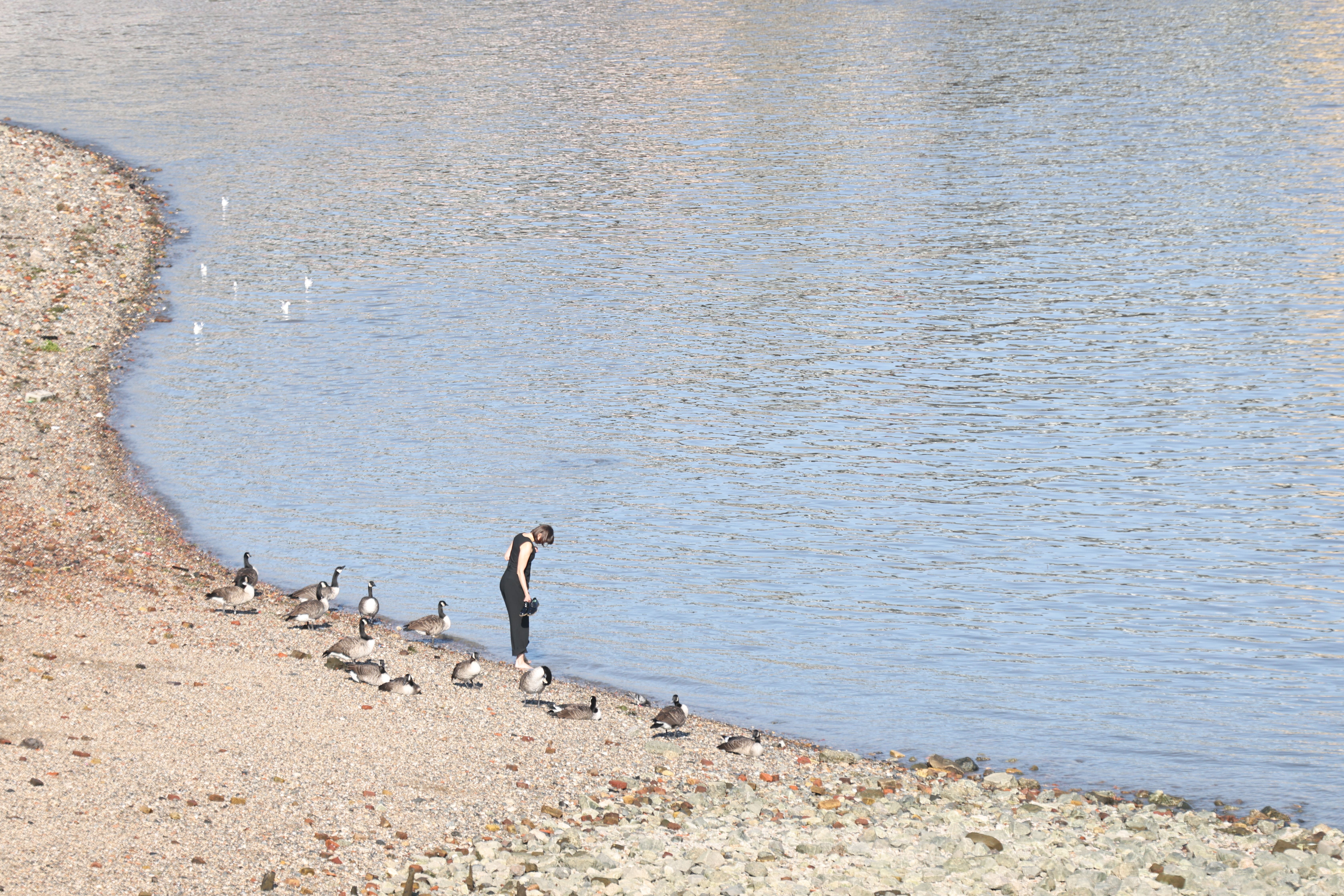New research to look at how quality of UK rivers can be improved
According to UK Research and Innovation (UKRI) the majority of UK rivers fail to have good ecological status.

Your support helps us to tell the story
From reproductive rights to climate change to Big Tech, The Independent is on the ground when the story is developing. Whether it's investigating the financials of Elon Musk's pro-Trump PAC or producing our latest documentary, 'The A Word', which shines a light on the American women fighting for reproductive rights, we know how important it is to parse out the facts from the messaging.
At such a critical moment in US history, we need reporters on the ground. Your donation allows us to keep sending journalists to speak to both sides of the story.
The Independent is trusted by Americans across the entire political spectrum. And unlike many other quality news outlets, we choose not to lock Americans out of our reporting and analysis with paywalls. We believe quality journalism should be available to everyone, paid for by those who can afford it.
Your support makes all the difference.Five new research projects will investigate how pollution impacts UK rivers.
Freshwater ecosystems are facing multiple pressures from a cocktail of pollutants, including chemicals, microplastics, pharmaceuticals, invasive species and land management practices.
UK Research and Innovation (UKRI) says that as a result, the majority of UK rivers fail to have good ecological status.
Only 14% of waterways in England, 46% in Wales, 50% in Scotland and 31% in Northern Ireland reach the threshold.
The stresses that are placed on our rivers are many and complex – from growing urban development to farming practices, increased diversity of chemicals and pharmaceuticals used by society, and pollution pressure from transport
Poor water quality can result in loss of life in the rivers, threaten the structure and stability of the food chain, be dangerous for bathing and lead to enhanced drinking water treatment needs and costs.
Researchers have been awarded funding by Natural Environment Research Council (NERC) and Defra from the £8.4 million Understanding changes in quality of UK Freshwaters programme.
They will investigate how pollutants enter, leave and interact with rivers and supporting ecosystems.
This funding is welcome. It will enable researchers to carry out vital studies monitoring and measuring pollution that find its way into our precious water courses
The study will also determine how the movement of pollutants will be modified with changes in the water cycle, and work towards creating better tools to monitor and measure pollution.
Water Minister Rebecca Pow said: “The stresses that are placed on our rivers are many and complex – from growing urban development to farming practices, increased diversity of chemicals and pharmaceuticals used by society, and pollution pressure from transport.
“We are going further and faster than any other government to protect and enhance the health of our rivers, including taking action to end the environmental damage caused by sewage spills.
“This funding is welcome. It will enable researchers to carry out vital studies monitoring and measuring pollution that find its way into our precious water courses.
“Monitoring the impacts of climate change will also be important.
“This knowledge will be used to improve the water quality in our rivers, bringing benefits now and into the future.”
As well as studying how climate change impacts water quality in rivers, the projects will look at how concentrations of multiple chemicals vary in freshwaters, using nine field catchments in Yorkshire – Rivers Aire, Calder, Derwent, Don, Nidd, Ouse, Swale, Ure and Wharfe.
Research on the River Thames and Bristol Avon field sites will examine how freshwater pollutants affect aquatic invertebrates and plants.
There are huge water quality pressures on UK rivers. These are likely to be exacerbated with climate change
While studies across Scotland, Wales, Northern Ireland and north and west England will look at how livestock farming, its waste and sewage, and mitigation practices changes UK water quality.
A River Almond site in Scotland will investigate how interactions will occur between changes in climate and land use, and emergent contaminants in rivers.
The programme’s Freshwater Quality Champions, Professor Pippa Chapman and Professor Joseph Holden, from the University of Leeds, said: “There are huge water quality pressures on UK rivers. These are likely to be exacerbated with climate change.
“Through collaboration between researchers, water and land managers and policy-makers, the programme will help ensure that our rivers and other waterways are more resilient to future climate and land-use change.”